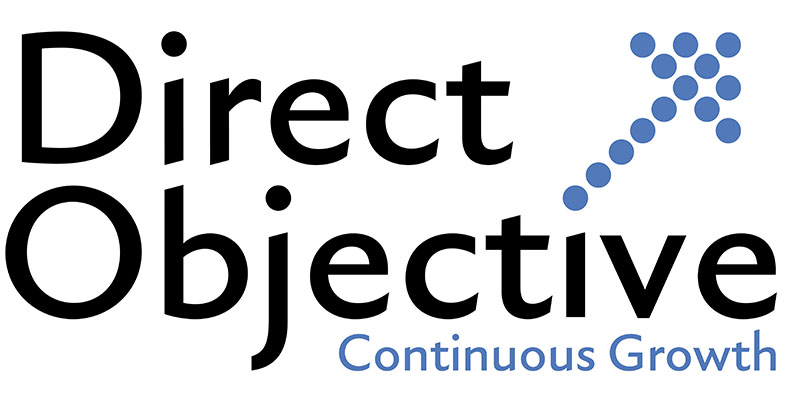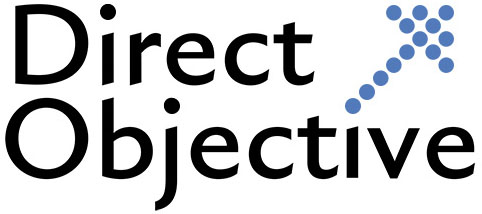
As of September 30, 2008, Canadians can register their names on the national Do-Not-Call List (DNCL).. A simple phone call to the toll-free number 1-866-580-3625 or visit to the DNCL website is now enough for consumers to place their numbers on the fast-growing list and severely limit the number of available telemarketing leads.
While telemarketing companies across Canada are facing a huge drop in their target market, Canadians are falling over themselves to place their names on the list as quickly as possible—so much so, in fact, that on the first day of registration phone lines were overwhelmed with 1562 calls a minute, according to a recent CBC article. During the 2013-2014 reporting period, Canadians registered over 750,000 cellular, home, and fax numbers on the National DNCL, bringing the total to over 12.2 million numbers (March 2014).
The prognosis for small-scale telemarketers is grim. One needs only look to the backlash of the DNCL in the US, which was introduced in 2003 and by 2007 saw 145,498,656 telephone numbers registered on their database. Further to this, an article appearing in the Canadian business journal Decima Telemanagement quotes Robert Kaiser, president of a US-based Telemarketing firm: “Many telemarketing firms closed in the initial backlash,” he said. “The legislation weeded out the smaller companies that can’t afford the back office support and left more experienced companies that can afford the legal and other staff needed to follow the rules.” So, while large telemarketing companies can probably withstand the transition, those small businesses that rely on cold-calling and telemarketing will be hurt the most. The new regulations require that businesses adhere to the DNCL and update it on a regular basis, or risk fines of up to $15,000.
There are a few exceptions to the rule, notably registered charities, political parties, newspapers, market research companies, and companies that have an “existing business relationship” with consumers.
The message is that if you’re still engaged in cold-calling and telemarketing to generate leads, it may be time to think about updating your approach. Marketing is an ever-changing process, and it’s critical to stay ahead of the curve if you want to beat out the competition.

What's Your MarketingReadyTM Ranking?
So What Are the Alternatives?
Marketing in today’s world needs to use a different tactic, and the DNCL marks the decline of cold calling. While businesses are not yet qualified to add their numbers to the registry, it is only a matter of time. Marketing now needs to take into account that your potential clients are increasingly busy and resistant to impingements on their time.
The solution is to build trust with prospects before going for the sale. With the advent of white papers, search engine optimization, media insertion in trade magazines, industry analyst reports, email campaigns, blogs, and webinars, you can provide prospects with valuable information to encourage them to make a responsible decision on their own terms. The advantage with modern marketing lead generation tactics is that prospects will be more informed and therefore more receptive to your company and solutions—thus shortening your sales cycle.
Resources
- National Do Not Call List Rules and Telemarketing Rules
- Legislative Summary for the Canadian DNCL
- Telemarketing: Reaching Client Prospecting Conversion
In addition, you will gain leads from prospects interested in your specific offering, if positioned correctly and enjoy a higher conversion rate—no cold calling required.










